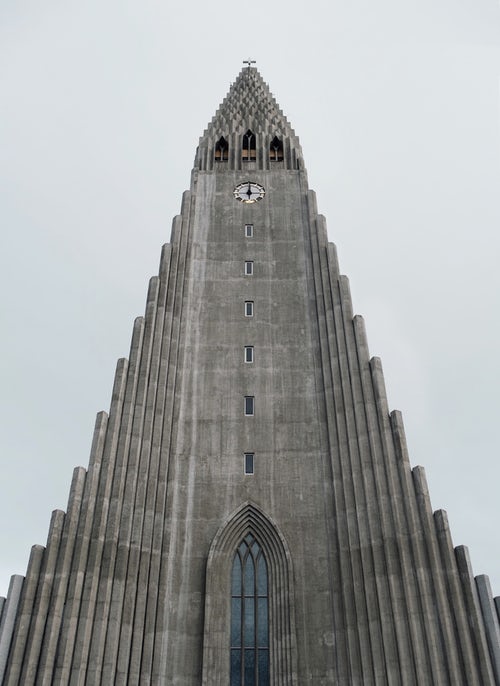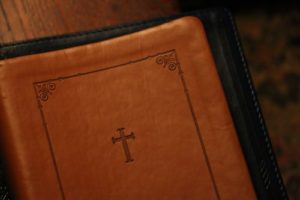FOR MY Free-for-All Friday posts, I often refer to and recommend a book I’ve been reading, one I think you’d enjoy or that could grow or enlarge your faith. But I haven’t read much the last month, which, for an author who’s a voracious reader, is really unordinary. I was enjoying the benefits that come from not having my eyes plastered to the words in a book or magazine or characters in a text or email.
Spending 25 days on a pilgrimage can do that to you. Change your focus.
But I don’t mean to imply that I didn’t read anything. I read—and tried to decipher—signs written in foreign languages. (I’m happy to say that, for the most part, I did pretty well with this!)
I also read special pilgrim maps, so we wouldn’t get lost or miss one of those special yellow and blue shell signs marking the route. (Our biggest obstacle to this was getting our brains used to the British-sourced maps that direct you to the top of the page for south, rather than the other way around. I never did get my brain adjusted. Thankfully, Chris did!)
And I read brief historical literature or pamphlets about the towns, villages, castles or churches we visited, and the people who made them famous.
And I read a few bus terminal signs and restaurant menus. And several texts from my kids. But not very many. And I wrote several brief ones in return. On Chris’s phone.
Satisfying a goal—
Part of our pilgrimage goal—mentally, physically and spiritually—was to deliberately divest ourselves of the daily anxieties of life. Like staying engaged in the endless world discourse, reading breaking news flashes, television-scrolling news briefs, texts and emails so we could “be in the know.” Instead, we wanted to be fully engaged in our moment-by-moment experiences. Undistracted from the here and now. Totally absorbed in where the map and our feet took us, in the conversations shared (and I do mean shared) at festival seating meal tables, in the geography of the land, and in the habits of its inhabitants.
Totally absorbed in what was happening to our bodies, minds and spirits.
I didn’t lug along a computer. My iPad rested peacefully in its pocket in my desk cabinet back home. I didn’t bring a magazine or book to kill time during down times. From the moment our plane lifted off the John F. Kennedy International Airport runway on its way to Paris and I returned home 26 days later, my phone was engaged in Airplane mode. (Actually, it took me two additional days after returning home to shut off the Airplane Mode toggle.) I had it along only to take pictures, and if a dire emergency warranted a call. It never did.
Frankly, I was surprised at how quickly and happily my brain and five senses responded to this new program.
They became fully engaged and magnified as they absorbed the sights, sounds and smells of pastoral settings brimming with sheep, cattle and horses, succulent green grasses, dank and mildewed medieval churches and monasteries, lazy rivers, spring-fed, dripping water fountains, the excited conversations of expectant pilgrims ready to start their journeys, the laughter of people enjoying al fresco dining and intimate conversations, the tick-tick-tick of un-capped hiking poles on cobbled streets.
And that was just on the first day!
My brain was so busy absorbing the sensory input I focused on that it didn’t have an opportunity to log one iota of regret at what it was missing out on.
And for the first time in a very long time my brain and I felt fully alive!
And so very grateful to be so.
In my last Free-for-All Friday post, I mentioned that I would be on a pilgrimage to discover a body and soul waltz. Now that my official pilgrimage is over for now, I can tell you my body and my soul quickly embraced the new tempo and melded together in perfect timing and rhythm, playing off of one another and gliding in synchrony.
It was a dance I didn’t want to end, and I’m making sure it won’t.
Next week Friday I’ll tell you how I’m accomplishing that. Maybe you’ll find some ideas and tips to accomplish the same things in your life.
I hope so.
But please join me this coming Monday when we’ll start preparing our hearts and minds for Thanksgiving!
Until then,
engage all of your senses in the moment. Be not only conscious but conscientious in every thought, word and life nuance.
Blessings,




